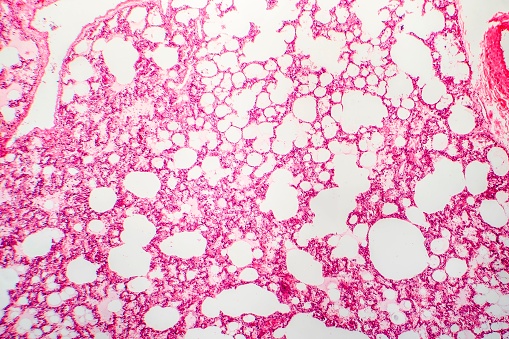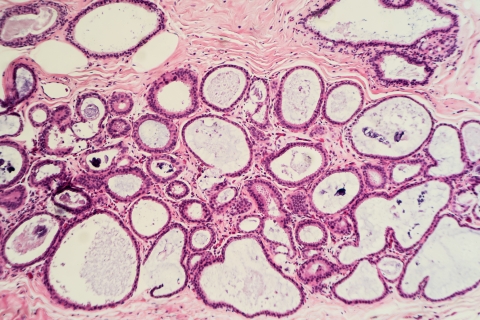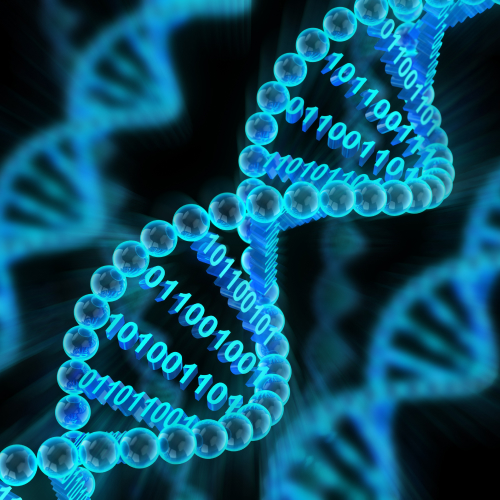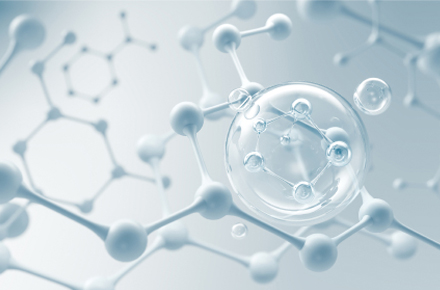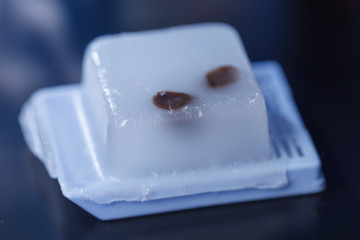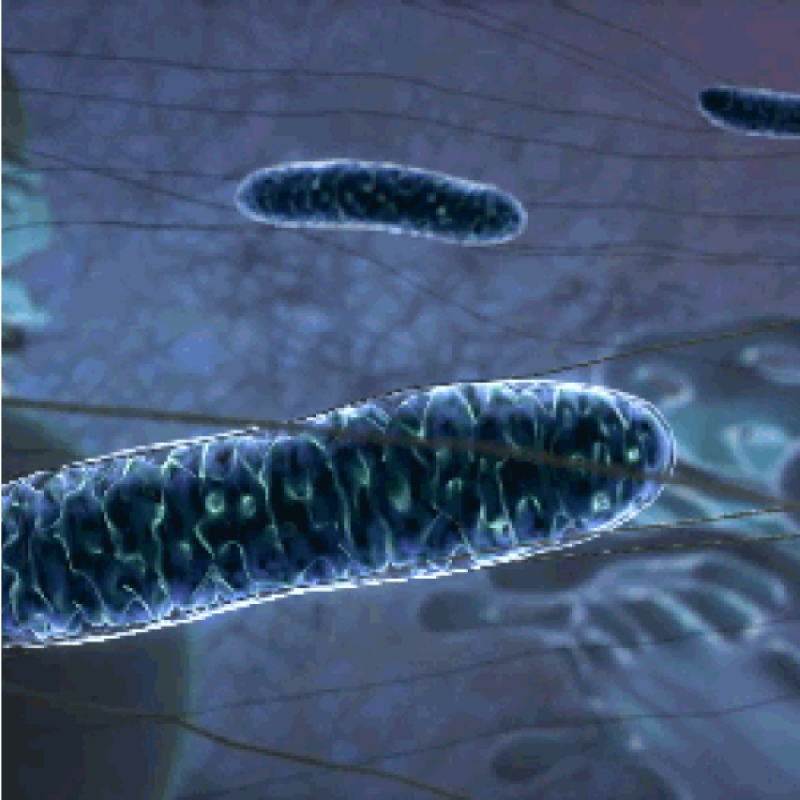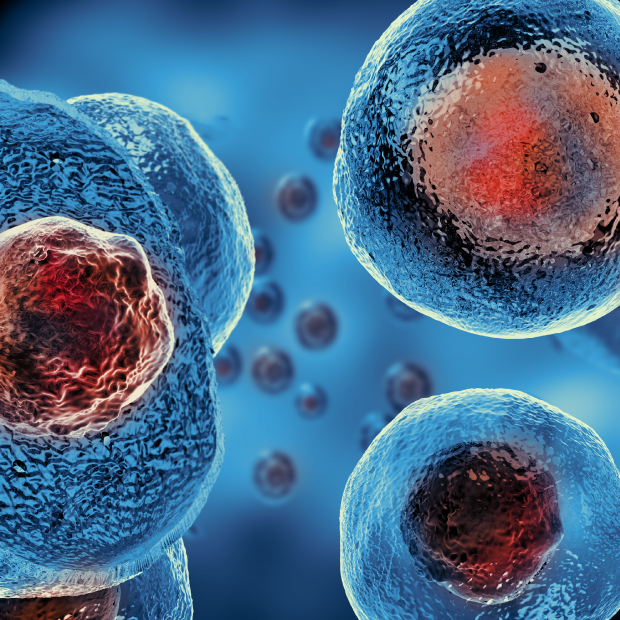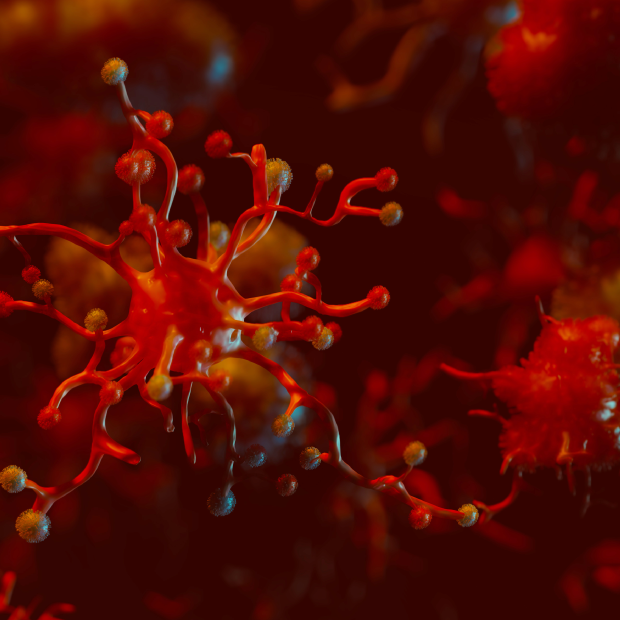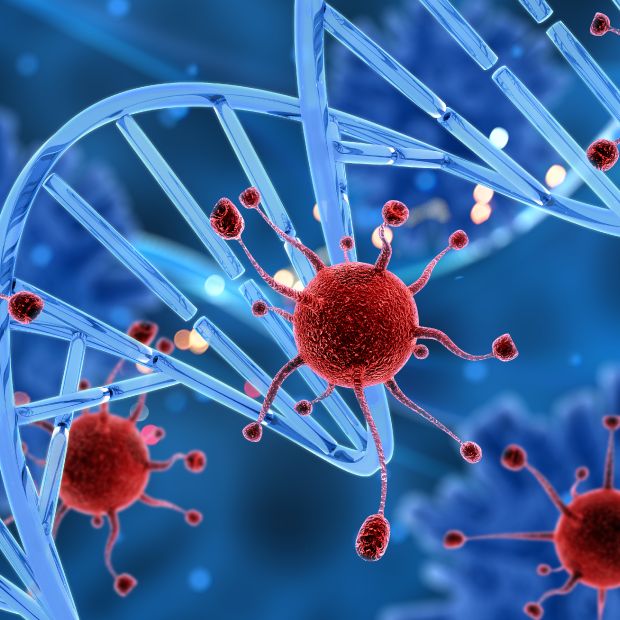
Cancer Molecular Diagnosis
In recent decades, cancer has become the leading cause of death in Taiwan. Early diagnosis can help improve the probability of recovery, accurate medication and good prognosis. Blood, body fluids, stools, smears and tumor tissue sections can all be used as the basis for cancer diagnosis. Because gene mutations at different loci may lead to differences in susceptibility to chemotherapy drugs, the detection of gene mutations can also help doctors make decisions about medication. In addition, more cfDNA will be released into the blood when the tumor is abnormally proliferated. Therefore, the change of cfDNA content can also be used as one of the criteria for judging the course of the disease.
TANBead provides a series of nucleic acid extraction reagent kits with automated nucleic acid extraction instruments of different throughputs, to assist in cancer molecular diagnosis.
- Tissue Nucleic Acid Extraction Reagent Kits (6T2, 6K2, 61P series) can be applied to the nucleic acid extraction of tumor tissues, Formalin-Fixed Paraffin-Embedded tissues and other types of tissues preserved by different methods, and to extract as many nucleic acids as possible with the least amount of specimen.
- Stool cell Nucleic Acid Extraction Reagent Kits (6SC series) can extract DNA from feces through a simple processing method, which is suitable for gastrointestinal cancer detection.
- Cell-free DNA (cfDNA) Nucleic Acid Extraction Reagent Kits (61C, L91C series) can be used for up to 4 mL liquid biopsy, such as serum or plasma, to purify and concentrate cfDNA from large-volume samples, and can be directly used in subsequent PCR detection.



